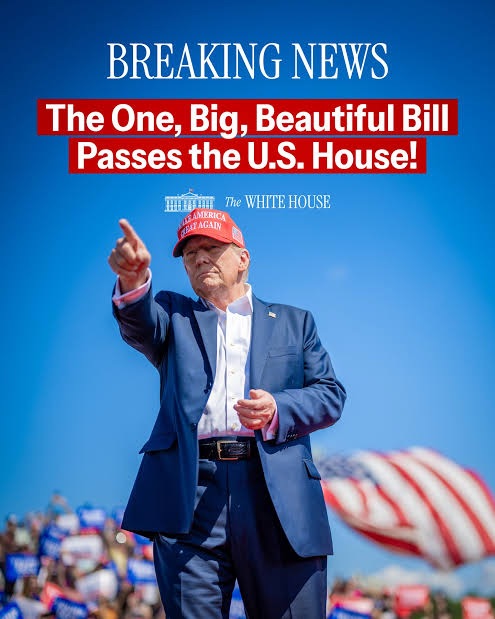As the government shutdown persists into its third day, both Democrats and Republicans have solidified their positions in a battle that shows no signs of abating. President Donald Trump, poised to introduce significant downsizing across federal agencies, seems determined to exploit the funding impasse to push for his agenda.
Members of the Senate returned to Capitol Hill for a vote on government funding, but indications of a compromise remain elusive. Democrats continue to advocate for an extension of health care benefits while Republicans focus on advancing a House-passed bill aimed at temporarily reopening the government with minimal changes in spending levels.
Senate Majority Leader John Thune expressed frustration over the lack of willingness among some senators to end the shutdown, casting doubt on the likelihood of progress without bipartisan support. Despite controlling the White House and both chambers of Congress, Republicans face hurdles due to Senate filibuster rules that necessitate the backing of 60 senators for funding legislation.
Currently, the Democrats, with their 47 Senate seats, are leveraging this situation to negotiate policy concessions, particularly on health care—a critical issue they believe could be pivotal in future elections.
Trump, who has framed the shutdown as an opportunity, intends to carry out considerable cuts to federal funding and is already withholding financial support for various infrastructure projects in states represented by Democratic senators. Notably, House Democratic leaders have drawn attention to the potential consequences for over 20 million Americans regarding rising health care costs due to Republicans’ actions.
The stakes are high, as the shutdown is expected to affect around 750,000 federal workers, potentially resulting in substantial economic repercussions due to lost wages. House Speaker Mike Johnson emphasized the adverse effects on Americans resulting from Democrats' refusal to accept Republican proposals.
Amidst the ongoing stalemate, lawmakers on both sides are active in battling for public support, hoping to navigate the blame associated with governmental shutdowns. As bipartisan negotiations on health care credits remain in nascent stages, the prospect of a swift resolution looks bleak, with indications that the shutdown could extend into next week.




















